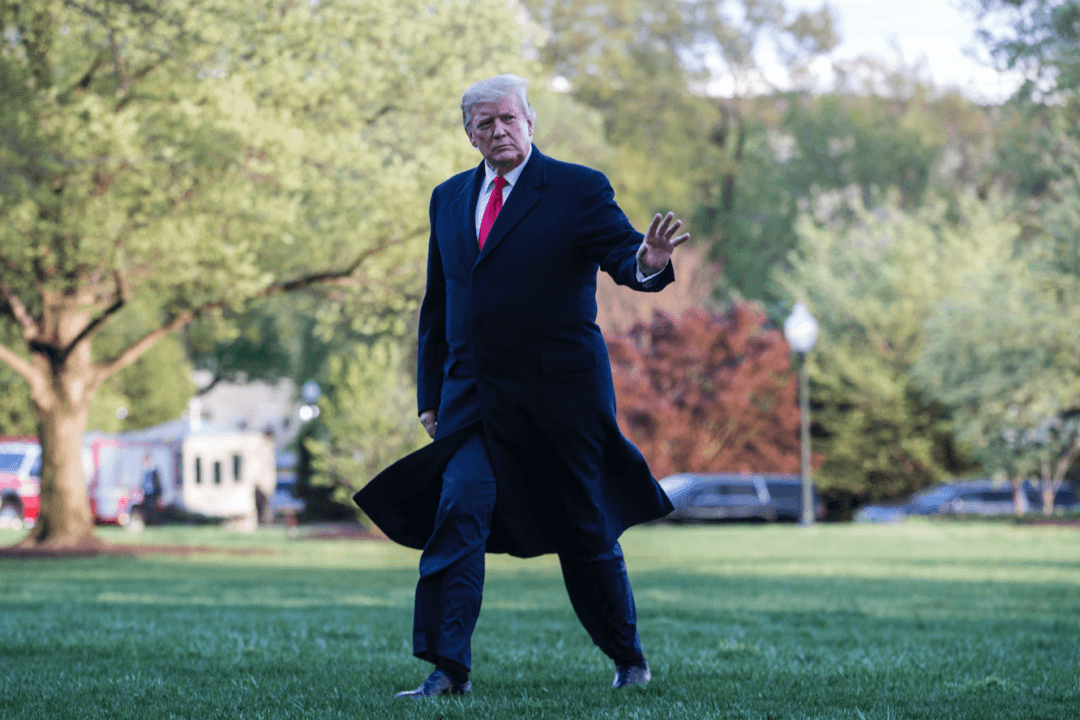President Donald Trump vetoed a congressional resolution on April 16 that aimed to end U.S. involvement in the civil war in Yemen, the White House said.
Trump wrote to the Senate that the joint resolution, dubbed S.J. Res. 7, was “an unnecessary, dangerous attempt to weaken my constitutional authorities.” He said the legislation—a War Powers Resolution that would limit the president’s ability to send troops into action—would endanger the lives of U.S. citizens and service members “both today and in the future.”





